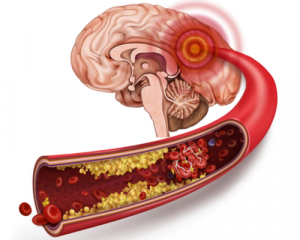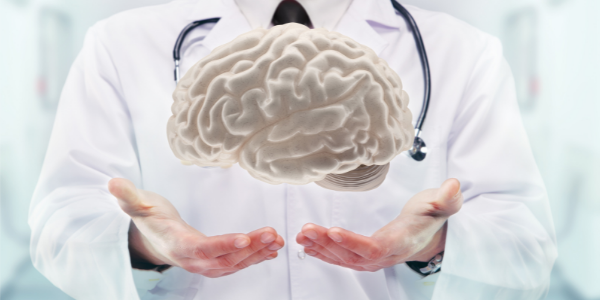As we age, we begin to notice changes in our ability to remember some things. Sometimes you are in a conversation, and you cannot remember a familiar name. It’s even worse when you miss an appointment because you couldn’t remember. Fortunately, there are various tips to improve brain health as one grows older.
Although memory lapses may occur at any age, they are more common as one gets older. In many cases, they are indicators of loss of intellectual function or dementia.
Note that the massive loss of memory among the elderly is not a normal part of the aging process but could be associated with organic disorders, neurological illnesses or brain injuries.
The memory problems we experience as we age depict changes in the function and structure of the brain. The changes may slow some cognitive processes, making it challenging to learn new skills. Here are some tips to consider to improve brain health.
1. Seek Treatment for Mental Disorders
It’s common for the elderly to experience chronic anxiety and late-life depression. These mental disorders lower an individual’s quality of life and are associated with cognitive decline.
These disorders are manageable through cognitive behavioral therapy. It is as effective as the pharmacological approach. The treatment is safer for the elderly because it is devoid of side effects and drug interactions associated with medications.
2. Manage Cardiovascular Conditions

The cardiovascular risk factors to monitor among the elderly include obesity, physical inactivity, smoking, prediabetes, high cholesterol and high blood pressure. People above 50 years of age are encouraged to take part in exercise. It is the most effective and safe way of managing the cardiovascular risk factors that may interfere with brain health.
Regular physical activities can boost an individual’s mood. In addition, exercise reduces the risk of developing anxiety, depression and Alzheimer’s disease. Adults should participate in mild exercises each day. Even low-intensity physical activity is still effective when done regularly.
3. Manage Chronic Stress
Chronic stress may interfere with the proper functioning of the brain, and it’s linked to changes in cognitive ability. It is advisable to combine general approaches like relaxation strategies, meditation, exercise and sleep with counseling sessions in managing chronic stress.
Stress or some illnesses may result in delirium. It causes a rapid decline in cognitive function, and hospitalization may worsen it in the elderly. However, not all delirium can be prevented or avoided. The elderly and their families should be careful about elective surgeries.
4. Get Enough Sleep
Chronic insomnia may negatively affect your thinking and cause an irritable mood. Fortunately, most sleep disorders are manageable if identified correctly.
Individuals above 50 years of age who experience frequent insomnia should sleep without sleeping pills or sedatives. It may be challenging in the short term but worthwhile in the long run.
5. Participate in Purposeful Activities
Boredom and loneliness are harmful to our emotional and brain health. Studies indicate the elderly feel better when they are engaged socially and feel a sense of purpose, delaying cognitive decline and improves brain health.
 6. Consider Mediterranean Diet to Improve Brain Health
6. Consider Mediterranean Diet to Improve Brain Health
Studies have linked the Mediterranean diet to improved cognitive function and reduced cardiovascular conditions in the elderly. The diet focuses on specific vitamins and foods that boost brain function.
7. Engage in Brain-Training Games
Studies link a mentally challenging activity to improved brain function. The elderly can boost some cognitive abilities by participating in brain-training programs.
8. Avoid Medications That Slow Brain Function
Most medications inhibit brain activity and may cause Alzheimer’s after prolonged use. It is advisable to avoid such drugs and only use them when the benefits outweigh the risks.
9. Continue Learning
Continuous learning is vital for brain health. It lowers the risks of Alzheimer’s disease and cognitive decline. It would be best if the elderly enrolled in online classes or courses at local colleges.
10. Carry Out Sensory Test
A sensory test is a fun way of ensuring the brain remains elastic and strong. It creates new connections in the brain and refreshes the old ones.
You don’t have to live in fear of developing memory problems as you age. The tips above will effectively improve your brain health.


 6. Consider Mediterranean Diet to Improve Brain Health
6. Consider Mediterranean Diet to Improve Brain Health


